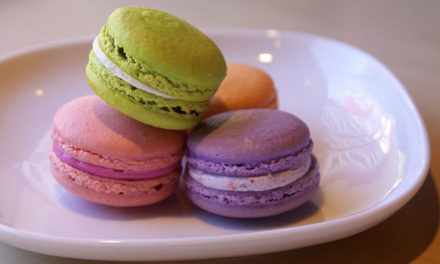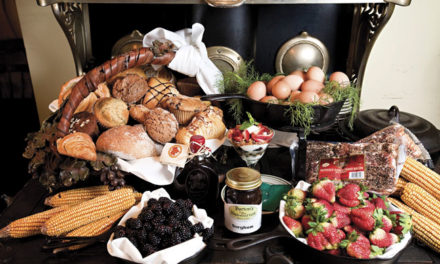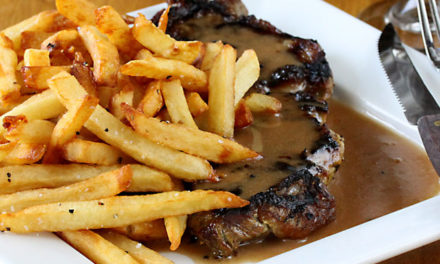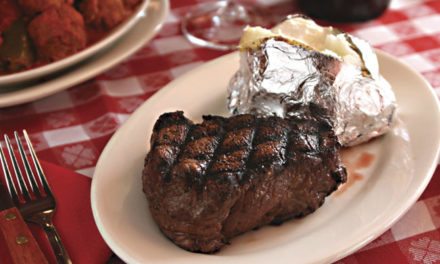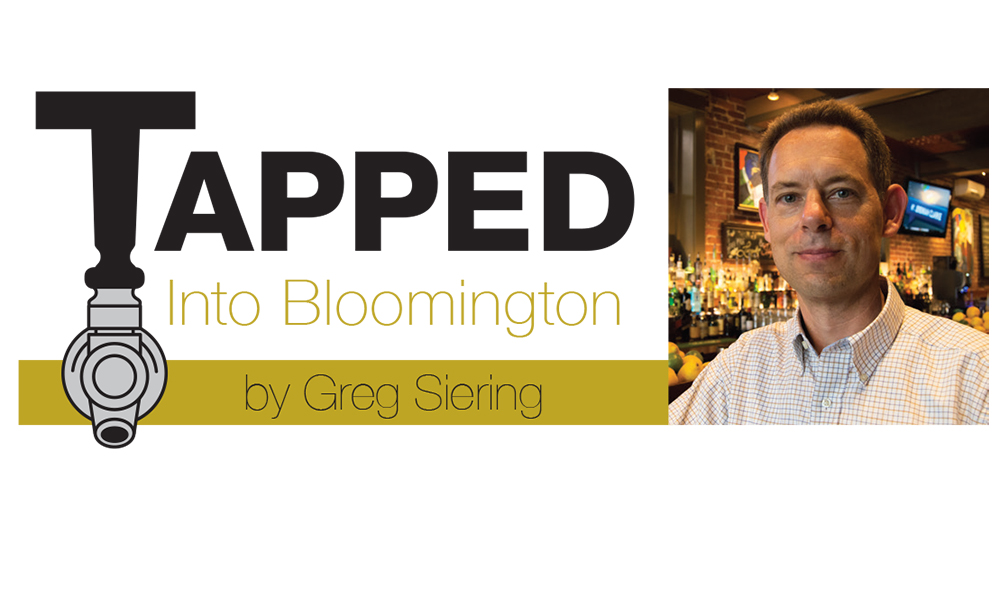

Warsteiner Dunkel. Photo by Rodney Margison
Each autumn, everyone who loves beer seems to turn German, celebrating Oktoberfest and drinking its namesake beer. While that style is certainly laudable, another notable beer style that hails from those same Bavarian breweries is often overlooked—the Munich dunkel.
“Dunkel” translates to “dark” in German, coming from an era when all beer was dark because of malt production techniques. The style has survived the centuries fairly intact, becoming the archetypal Bavarian beer.
Dunkels rely on Munich-style malt, which provides the beer’s bready, malty flavor, with some caramel notes and hints of roastiness. German hops are barely noticeable, and the lager yeast used for fermentation leaves the beer clear and clean, with a medium body and easy drinkability. Despite the “dark” moniker, dunkels range in color from deep copper to mahogany, with a light tan head. Of course, dunkels go well with German food, notably roasts and sausages, complementing those deep, spicy flavors.
The occasional American brewer with a European flair will produce a Munich dunkel, but most are still imported from Germany.
My favorite is Hofbräu Dunkel—from the famed Hofbräuhaus München. It pours mahogany, with a rich, long-lasting head that produces lacing down the edge of your glass as you drink—a perfect sensory beer experience. Both aroma and taste are dominated by the malt’s bready, grainy character, with roasty and caramel flavors providing only subtle support for the malt. It’s a very clean beer that finishes smoothly. This beer is available in bottles around town—Lucky’s Market, Big Red Liquors, and Sahara Mart—but if you ever get the chance to try it fresh from the tap at a Hofbräuhaus restaurant (Chicago and Columbus, Ohio, are closest), you’re in for a treat.
Warsteiner Dunkel is another dunkel worth trying. The color is the same deep mahogany, but the head dissipates quickly, taking away a bit of the beer’s character. The aroma and taste lean toward roasty flavors, with hints of nuttiness and cocoa. The relative lack of caramel sweetness leads to a thinner body, but the rich roast flavors provide balance. You can find this beer in Big Red’s cooler.
Another classic import, Ayinger Altbairisch Dunkel (literally, “old Bavarian dark beer”), homes in on the third quality of dunkels, the caramel character of the malt. This beer produces a respectable head, and the caramel-heavy aroma clearly announces the beer’s malty sweetness. I sense a bit of hop spiciness and bitterness at the end of each taste, a nice balance to the sweetness that leads. And while I find the caramel flavors give this beer a heavier mouthfeel, making it less easy to drink than the others, it’s still quite enjoyable. Find it at Sahara Mart and Big Red in 500-milliliter bottles.
No matter which characteristic of Munich dunkels you prefer—the bready aromas, the roasty flavors, or the caramel sweetness—give this classic German style a try. It’s a great step in understanding beer’s rich history. Prost!


